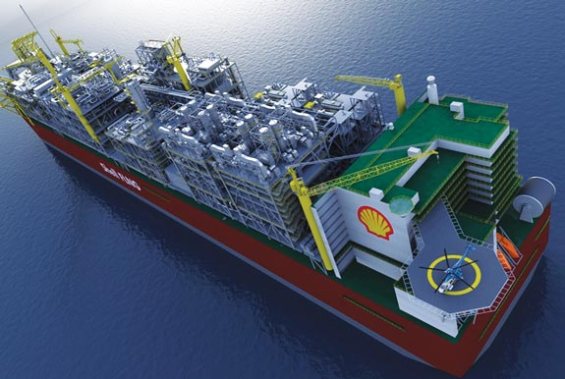For the past 20 years, the US has been an importer of natural gas with an average of 15.7 percent of its annual consumption coming from Canada. However, the production of this resource in the US has risen over 25 percent since 2005, which comes primarily from the previously inaccessible shale deposits deep in the earth, and is expected to continue growing in the future.
Presently, the production of natural gas in the US is greater than its national consumption and is causing quite the controversy on whether or not the US should export the resource in the global market. A few years ago, liquefied natural gas (LNG) import terminals were constructed across North America in response to the country’s diminishing natural gas supplies. Today, due to the rise of production, major natural gas companies in the US are trying to convert these terminals into export terminals which will transport LNG overseas.
Cheniere Energy Inc., a natural gas company based out of Houston, TX, is the only company in the US with an approved LNG terminal. It was in January of 2012 when Cheniere Energy was given approval by the Department of Energy to export LNG through its Sabine Pass Liquefaction terminal in Cameron Parish, LA, which has the potential to ship up to 2 billion cubic feet of gas per day by the year 2015. The company also intends to open a new export terminal in Corpus Christi, TX by 2017 but will only see production if Cheniere gets the approval.

Chevron’s Gorgon project in Australia.
Other US natural gas companies, who are unable to export domestically, have turned to alternative plans by building exporting facilities on foreign soil (where there are little to no restrictions on natural gas production). For example, Chevron Corporation is one of the leading suppliers of LNG exports with its Wheatstone and Gorgon projects in Australia. The Gorgon Project is Australia’s largest single-resource project, with a 15 million-metric ton per-year LNG facility.
KBR Inc., another US company, is a leading LNG production facility developer, with already having constructed over 40% of LNG facilities around the world.
What is causing all the controversy over exporting LNG?
Industrial consumers of natural gas are worried the exportation of natural gas will increase oil and natural gas prices as well as their production costs.
Alliances are starting to form together and fight against the approval given by the Department of Energy for exporting natural gas. The alliances include utilities dependent on natural gas to fuel electricity generation, chemical companies that use it as a feedstock for making myriad industrial chemicals, and heavy industrial users such Alcoa and Nucor who use natural gas to fire their metal-making operations.
America’s Energy Advantage, a group backed by six large industrial companies including Dow Chemical, Huntsman, and Alcoa, believe tens of billions of dollars for potential investment in US industry are at risk if the government allows for the substantial increase in exported LNG. The group also argues an increase in exporting LNG will hurt the US economy by eliminating domestic jobs and increase natural gas prices.
Today the US price of natural gas is $3.27 per thousand cubic feet, compare this price to those in the world market, you will see the Europeans pay upwards of $12 per thousand cubic feet and the Japanese pay more than $17. If the US were to start exporting, domestic natural gas prices will increase significantly.
It looks like right now the controversies surrounding natural gas production and exportation in the US will only get resolved if there can be an agreement on some sort of compromise otherwise the issue will never go away.
thenaturalgas ALTERNATIVES

